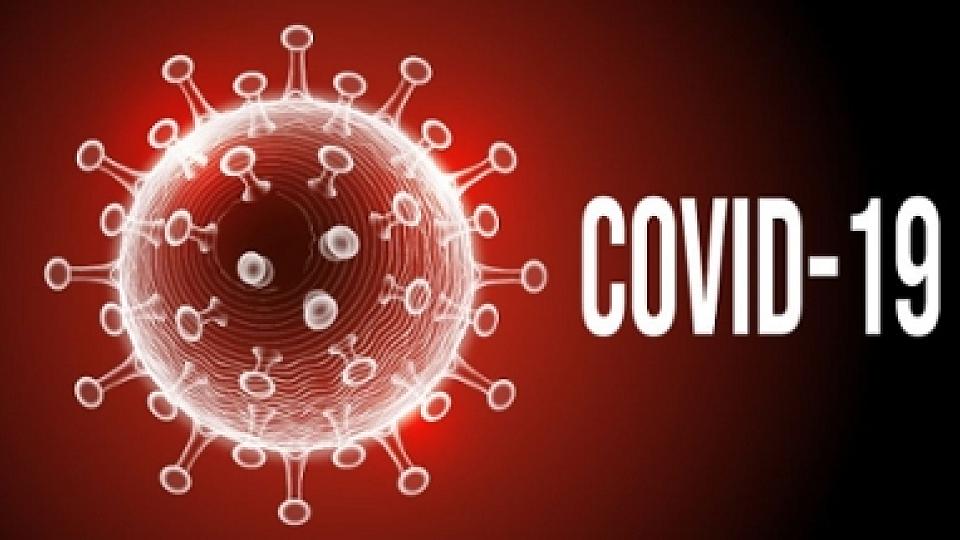By Asmau Ahmad
COVID-19 patients may be at increased risk of suffering chest pain in the six months to a year after the infection, which could be a sign of future cardiovascular complications, according to a study.
Nearly 19 per cent of US adults who had previously tested positive for COVID-19 report having “Long COVID,” where they experience signs and symptoms for four weeks or more after the initial phase of infection.
Researchers from Intermountain Health in the US studied nearly 150,000 patients for cardiovascular symptoms. They found that patients who tested positive for COVID-19 had higher rates of chest pain in the six months to a year after the infection.
“Many COVID-19 patients experience symptoms well beyond the acute phase of infection,” said Heidi T. May, cardiovascular epidemiologist at Intermountain Health and principal investigator of the study.
“While we didn’t see any significant rates of major events like heart attack or stroke in patients who had an initial mild initial infection, we did find chest pains to be a persistent problem, which could be a sign of future cardiovascular complications,” May said.
The study finding was presented at the American College of Cardiology’s 2023 Scientific Conference in New Orleans, United States on Sunday.
In the large retrospective study, researchers compared three groups of Intermountain Health patients.
The team found that at six months and one-year intervals, patients who tested positive for COVID-19 had significantly higher rates of experiencing chest pain, but saw no other increases in cardiovascular events.
“As of right now, the symptoms aren’t necessary translating into hard outcomes, but that’s something that will need to be reassessed over time,” May said.
“It could be that lasting effects of infection on the cardiovascular system are hard to quantify in terms of diagnoses or other events in the short-term and won’t be realised until longer follow up,” the researcher added.




